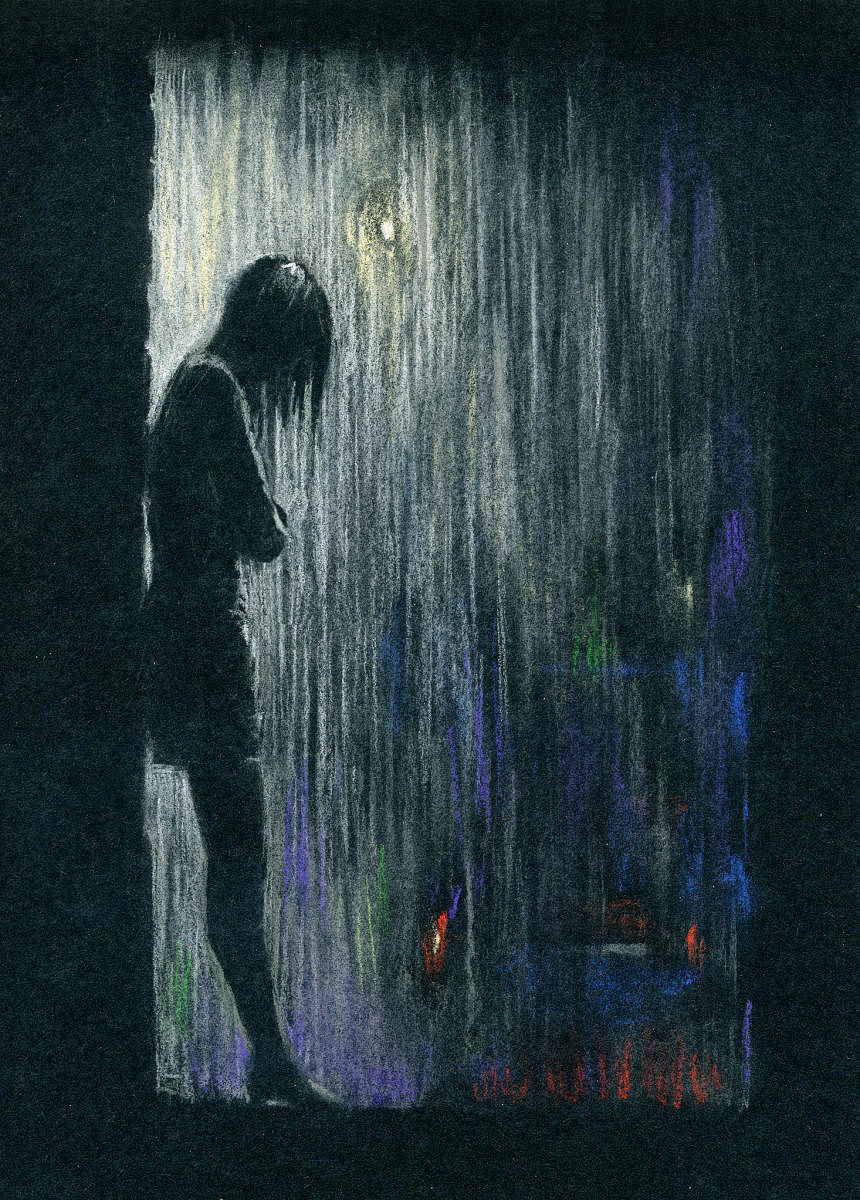The ongoing case in the Delhi High Court challenging the legal exception for marital rape has brought into focus the issue of sexual crimes within the family, especially marital rape. The question by a judge about why the law should treat complaints of sexual violence by a married woman and a sex worker differently received some adverse attention. The criticism was that it equated marriage with prostitution. But this is wrong, and the point that was probably sought to be made was that law should respond equally to complaints from women, whatever be their profession or station in life. Only those who view marriage as a relationship that gives the legal right to a spouse to force oneself on the other without consent would want the exception for marital rape to stay.
Consent is a crucial element that determines the legality or even the legitimacy of individual and social dealings and interactions. Women own their bodies, whether they are married or unmarried, and so their consent is required for sex. Sex without consent becomes a violation of their body, and marriage does not make a difference to this. If domestic violence is a crime, marital rape is more so. The Verma Committee, whose report led to changes in rape laws, had said that the relationship between the victim and the offender is immaterial, and consent should be the deciding factor in such cases. It is because the wife is considered as the husband’s property that marital rape was not considered an offence. It should be viewed as an offence against women’s rights, including privacy, their autonomy, will and physical integrity, and the law should be freed from the traditional framework of family, customs and patriarchy. It should also be noted that most countries consider marital rape a crime. India is in a minority of 32 countries where it is legal.
It is wrong to argue that criminalising marital rape would hurt the institution of marriage. Marriage itself must be a matter of mutual consent, and so should all that it involves. There have been different judicial views on the matter. The Chhattisgarh High Court recently ruled that forced sex within the marriage is not rape. Other High Courts have also held similar views because the exception exists in law as Exception 2 to IPC Section 375. Strangely, the government told the Delhi High Court that "what may appear to be marital rape to an individual wife may not appear so to others.” This is an absurd argument. What matters is what the woman thinks, not what someone else does. The exception must be struck down.
